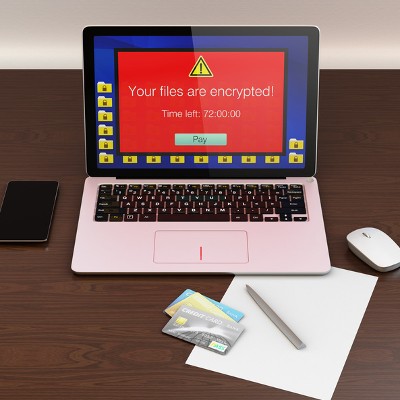Banks and companies that manage automated teller machines, better known as ATMs, have been warned against another method thieves have been utilizing to commit identity theft--by no less than the Secret Service.
NDYNAMICS Blog
If you panic in the event of a hacking attack, imagine how the National Security Agency (NSA) feels knowing that some of its exploits are for sale on the black market. While there isn’t any proof that the NSA has been breached, there’s evidence to suspect that their exploits are available for purchase on the black market. This means that a willing hacker could get their hands on government-grade hacking tools--a dangerous concept.
Ransomware is a particularly nasty strain of malware that continues to pop up in unexpected forms. In the case of a new variant of called Cerber, it targets users of Microsoft Outlook using a zero-day vulnerability via phishing messages. To make matters worse, Cerber can also utilize DDoS attacks, which is a major cause for concern.
Microsoft recently issued security patches to fix 27 vulnerabilities, many of which are critical in nature. The vulnerabilities are significant and popular titles are affected like Windows, Microsoft Office, Internet Explorer, and the new Edge browser. Microsoft users that ignore these security patches are putting their system at unnecessary risk.
The ransomware Petya (previously thought to have been eradicated) has unfortunately resurfaced, and it’s brought a friend to the party. Petya was delivered via an email containing an invitation to apply for a job, including the virus in an executable file that was disguised as a PDF job resume. When a hepless user clicked the file, Petya would get to work.




